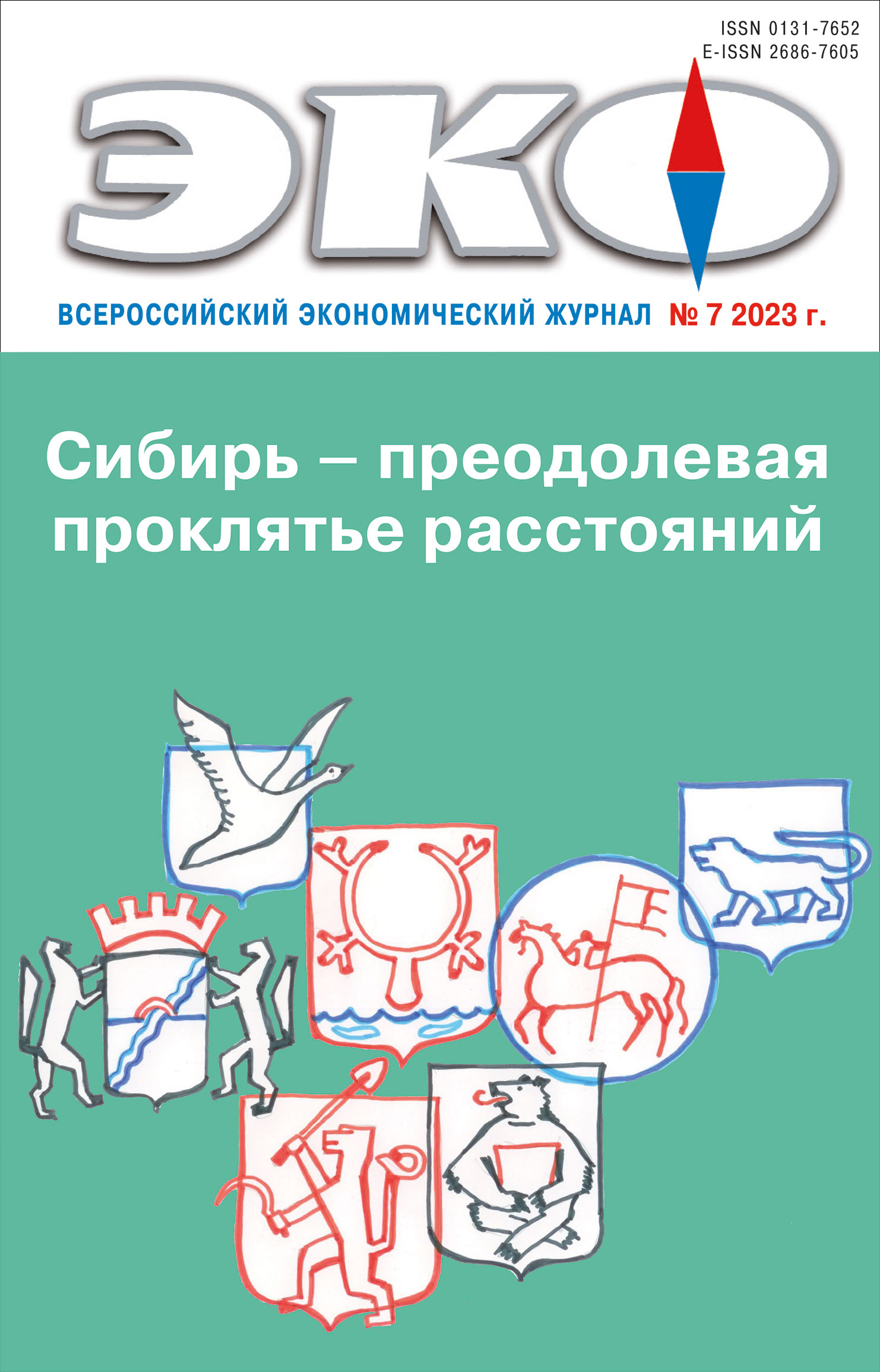Management
Published 2023-06-28
Keywords
- electric power industry; generating companies; investors; ownership; corporate governance; corporate governance code; boards of directors
How to Cite
1.
Sheveleva Г. Who and How Manages Generating Assets in the Russian Power Industry. ECO [Internet]. 2023 Jun. 28 [cited 2026 Jan. 30];53(7):51-70. Available from: https://ecotrends.ru/index.php/eco/article/view/4628
Abstract
The paper considers the investment risks associated with changes in the ownership structure of Russian generating companies. Significant differences in the quality of their corporate practices (2020–2021) from the perspective of the Bank of Russia Corporate Governance Code are revealed. The least observed criteria in the “board of directors” section of the Code were identified. We showed the overdue changes in the boards of directors of these companies when comparing them with similar bodies in German and French companies, which are similar in terms of ownership concentration and the presence of the state in it. These data made it possible to outline the necessary transformations of boards of directors in the interests of investors, mainly in the area of updating their structural characteristics.References
- Беликов И. Совет директоров: новый подход. М.: РИПОЛ Классик, 2019. 580 с.
- Капелюшников Р.И. Концентрация собственности в системе корпоративного управления; эволюция представлений // Российский журнал менеджмента. 2006. Т. 4. № 1. С. 3–28.
- Лебланк Р., Гиллис Дж. Совет директоров – взгляд изнутри. М.: Альпина Бизнес Букс, 2006. 267 с.
- Системные исследования в энергетике: энергетический переход / Под ред. Н.И. Воропая и А.А. Макарова. Иркутск: ИСЭМ СО РАН, 2021. 594 с.
- Adams, R.B., Ferreira, D. (2009). Women in the boardroom and their impact on governance and performance. Journal of Financial Economics. Vol. 94. No. 2. Pp. 291–309.
- Cumming, D., Leung, T.Y. et al. (2015). Gender diversity and securities fraud. Academy of Management Journal. Vol. 58. No. 5. Pp. 1572–1593.
- Gul, F.A., Srinidhi, B. et al. (2011). Does board gender diversity improve the informativeness of stock prices? Journal of Accounting Economics. Vol. 51. No. 3. Pp. 314–338.
- Kao, E.H., Huang, Ho-Chuan., Fung, Hung-Gay., Liu, Xiaojian (2020). Co-opted directors, gender diversity, and crash risk: evidence from China. Review of Quantitative Finance and Accounting. Vol. 55. No. 2. Pp. 461–500.
- Liu, Y., Wei, Z., Xie, F. (2014). Do women directors improve firm performance in China? Journal of Corporate Finance. Vol. 28. Pp. 169–184.
- Lo, A.W., Wong, R.M., Firth, M. (2010). Can corporate governance deter management from manipulating earnings? Evidence from related-party sales transactions in China. Journal of Corporate Finance. Vol. 16. No. 2. Pp. 225–235.
- Nguyen et al. (2015). Does boardroom gender diversity matter? Evidence from a transitional economy. International Review of Economics and Finance. Vol. 37. Pp. 184–202.
- Puchniak, D., Sik, Kim K. (2017). Varieties of independent directors in Asia. In: Puchniak, D., Baum, H., Nottage, L. (Eds.). Independent Directors in Asia: A Historical, Contextual and Comparative Approach. Cambridge: Cambridge University Press. Pp. 89–132.
- Sheveleva, Galina I. (2022). Corporate governance in generating companies of the Russian electric power industry in the context of ESG agenda. Global Energy I nterconnection. Vol. 5. No. 5. Pp. 512–523. DOI: 10.1016/j.gloei.2022.10.005

